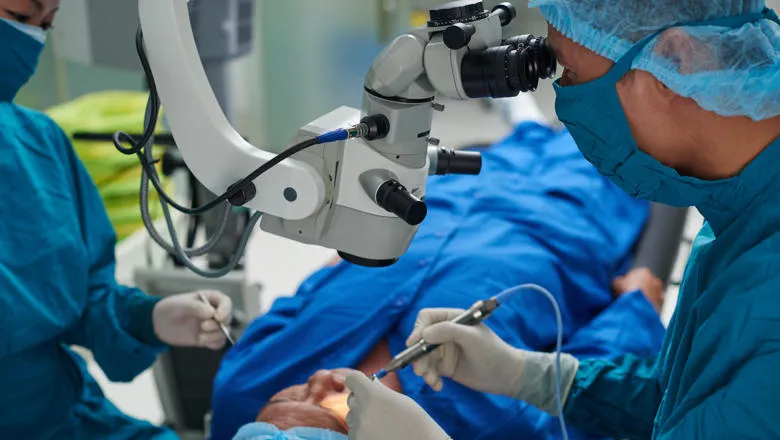26 April 2019
Fully funded PhD opportunities for surgical and interventional engineering students
The School of Biomedical Engineering & Imaging Sciences is now accepting applications for students with an interest in surgical and interventional engineering-related research for its fully funded PhD studentships.

The programme, which will begin in October 2019, will train and nurture the next generation of surgical and interventional engineering scientists, researchers, innovators and industry leaders. This new PhD student cohort, part of the Department of Surgical & Interventional Engineering at the School, will bring together the brightest minds across engineering specialties (such as biophotonics, machine learning, medical imaging, computer vision, mechatronics, data sciences, robotics, precision engineering, modelling, user experience and artificial intelligence) to address key challenges faced in the UK and globally by surgeons, interventional specialists and associated teams.
Successful candidates will benefit from a unique environment of a world-leading, research-focused university with facilities embedded within St Thomas’ Hospital, a top-rated teaching hospital in the heart of central London. They will also have access to large UK research infrastructure, such as the new £10m London Medical Imaging & Artificial Intelligence Centre for Value-Based Healthcare, the NVIDIA AI partnership at King’s and London’s first high-field 7 Tesla MR centre based at also King’s.
The four themes across the research projects are:
- Smart sensors and actuators: focusing on the development of robotic instrumentation for dexterous manipulation of tissue and molecular level imaging devices
- Computer-assisted interventions: encompassing AI for intraoperative guidance and surgical decision support
- Computational modelling: including methodologies to optimally plan interventions and predict outcomes on a personalised level
- Materials and theranostics: investigating how novel molecules and materials can aid the development of interventional devices and the precision of surgery
For more information on programme application and funding guidelines, click here.
